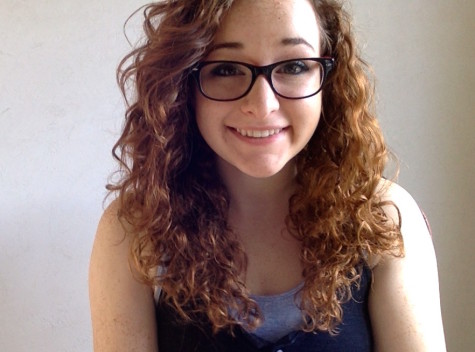CWRU School of Medicine Students participate in #whitecoatsforblacklives
December 12, 2014
On Dec. 10 at 3 p.m., more than 70 students “died” at the Case Western Reserve University School of Medicine. The nationwide die-in, called #whitecoatsforblacklives, was held at more than 75 medical schools across the country in protest of police brutality and the no-indictments in Ferguson and New York.
“We weren’t making a political statement,” said Christa Wentt, a first-year medical student who helped to plan CWRU’s event. “This was a statement about human rights. As people and as future doctors, it’s very important that we address any type of issue that will affect the life and well-being of our patients.”
At the event, the organizers first read speeches explaining why they were there and what they were trying to do. Then, the protesters laid down on the ground of the Biomedical Research Building for four and a half minutes, symbolic of the four and a half hours that Michael Brown’s body lay on the street in Ferguson.
“It was very humbling,” said John Killings, Assistant Director of Student Advocacy and Programming for the Office of Multicultural Affairs, who participated in the event. In addition to the students, there were also local doctors and numerous CWRU administrators in attendance, including two of the deans from the School of Medicine.
After the die-in, a student read the professional oath that the medical students had crafted at the beginning of the year as a part of their white coat ceremony.
“I think it’s important for doctors to be leaders not only within the hospital but within the wider community,” said Wentt. That idea is reflected in the professional oath.
“I feel like, as medical professionals, we should seek to treat the whole patient,” she added. “It’s very important where you come from, because that is going to directly affect how healthy you are and how you will respond to whatever health problems you have. Thinking about the different types of biases that exist within the medical field is important because if you don’t address these things then you won’t know how to treat your patients.”
The organizers of the die-in are currently working on planning a discussion of the event and its causes.
“We do not want to just end with the die-in,” said Wentt. “We feel that it is important that we continue the discussion, and to get the perspectives of the wider medical community.”
Currently, the School of Medicine has a number of programs designed to address bias, including the Student Run Free Clinic, the Med Student Council’s Diversity Committee and community outreach programs.
“We are truly seeking to address systemic racism and how it affects the medical field in particular,” said Wentt.


